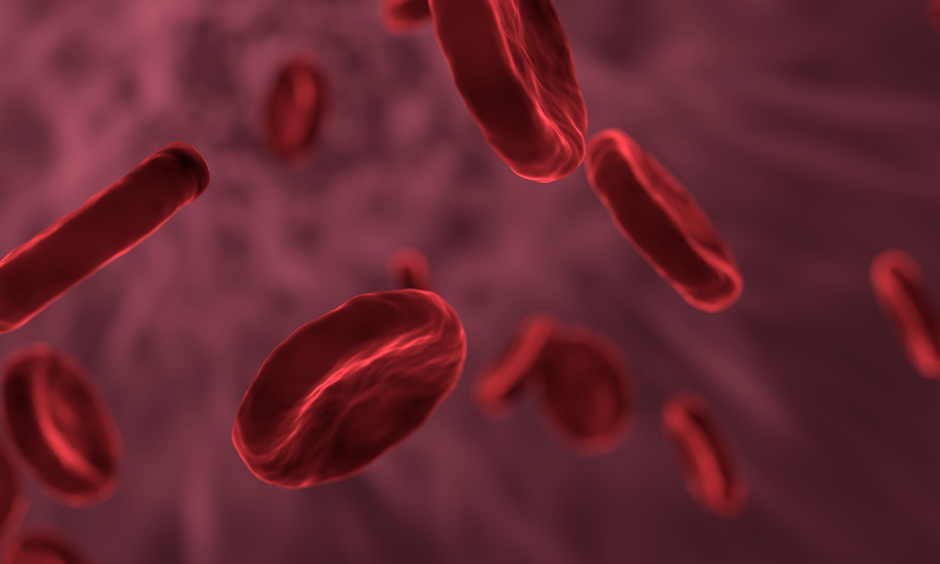TREATMENT with oral urea could represent a simple solution to hyponatraemia, suggest the results of a recent study by Dr Helbert Rondon-Berrios and colleagues from the University of Pittsburgh Medical Center, Pittsburgh, Pennsylvania, USA.
The researchers identified 58 hyponatraemic patients with plasma sodium levels ≤135 mEq/L who were all treated with oral urea (7.5–90 g/day) over a median of 4.5 days. Urea was supplied in powdered form mixed with water or juice prior to ingestion; for some patients, this urea solution was the only treatment for their hyponatraemia.
From a median of 124 mEq/L at baseline, plasma sodium levels increased to 131 mEq/L by the end of treatment. In the 12 patients treated with oral urea only, similar results were reported, with median plasma sodium levels rising from 125 mEq/L at baseline to 131 mEq/L. In addition, during the investigation, these 12 urea-only patients were matched with 12 patients not treated with urea; the urea-only patients were noted to have a significant rise in plasma sodium in the first 24 hours following treatment (2.5 versus -0.5 mEq/L).
“The findings of our study show that a formulation of oral urea that has recently become available for use in the USA seems to be effective for the treatment of hyponatremia in the inpatient setting”, explained Dr Rondon-Berriros. He went on to say that this form of treatment was safe and well tolerated, and the associated adverse events (primarily involving the plasma sodium concentration being corrected too rapidly) are well known.
Researchers are hopeful that this treatment, which requires no prescription in the USA, will offer clinicians and patients a safe and simple way of treating hyponatraemia for inpatients.








